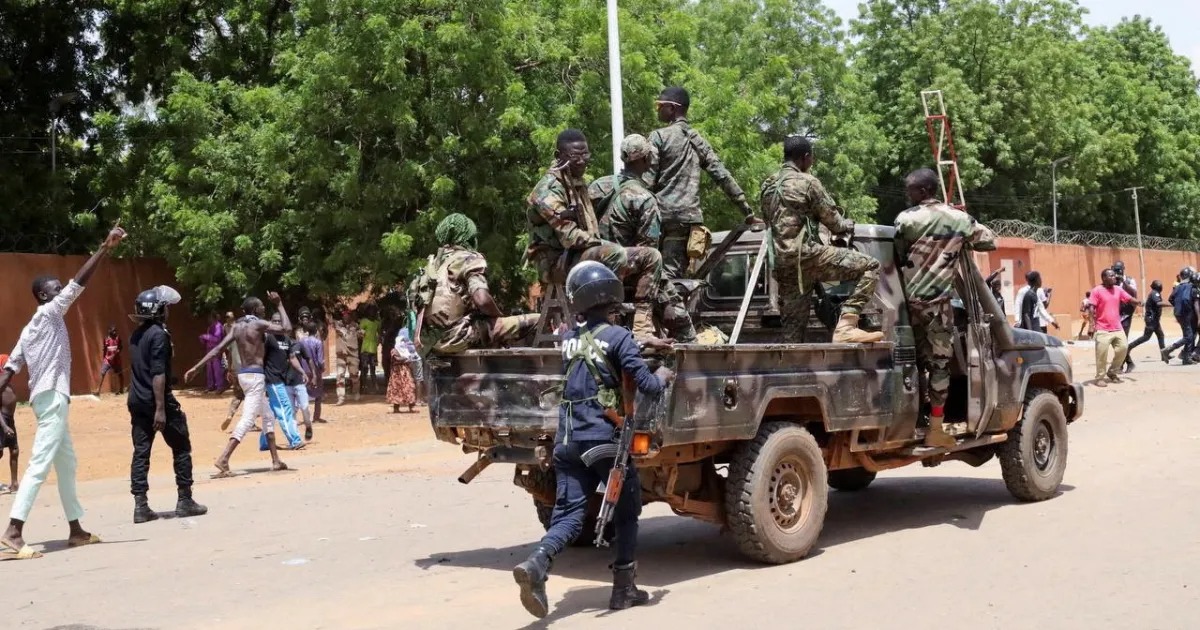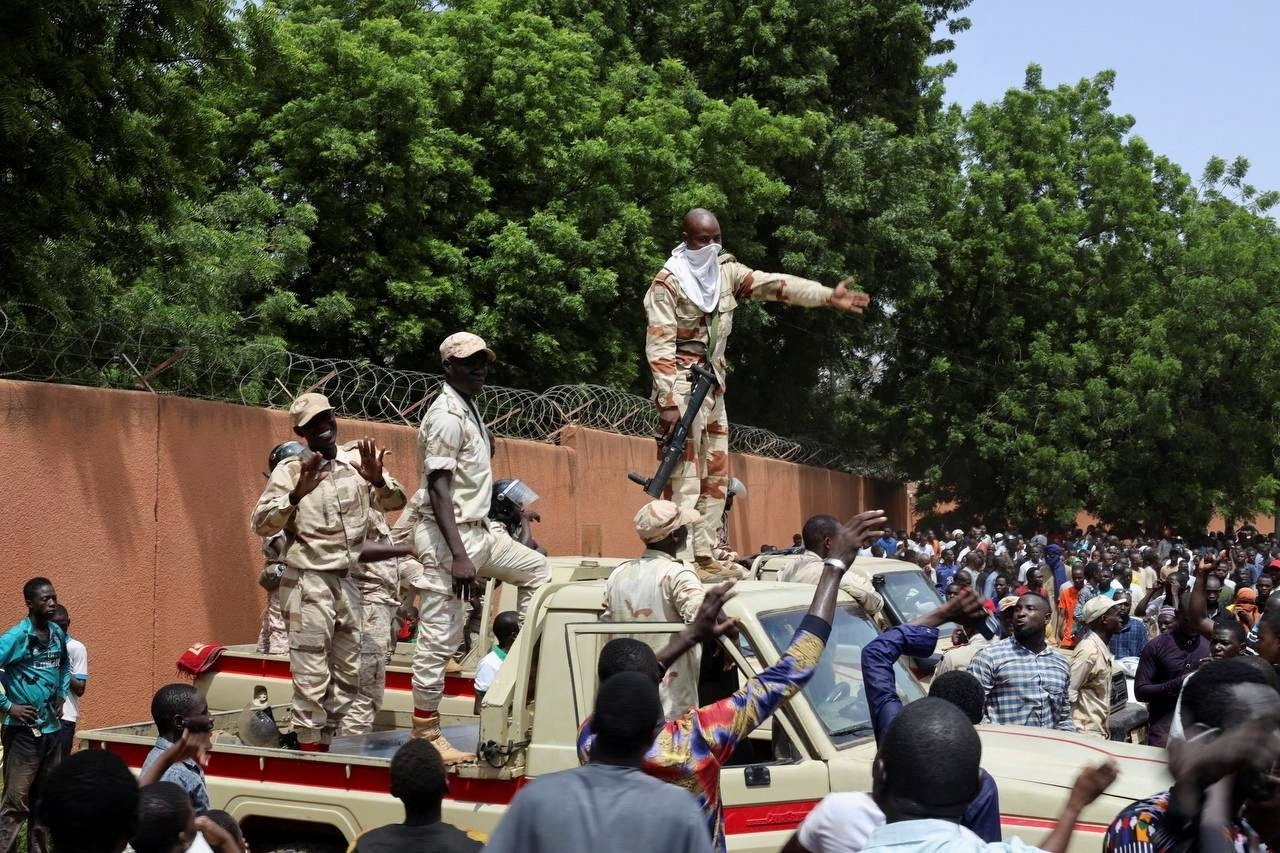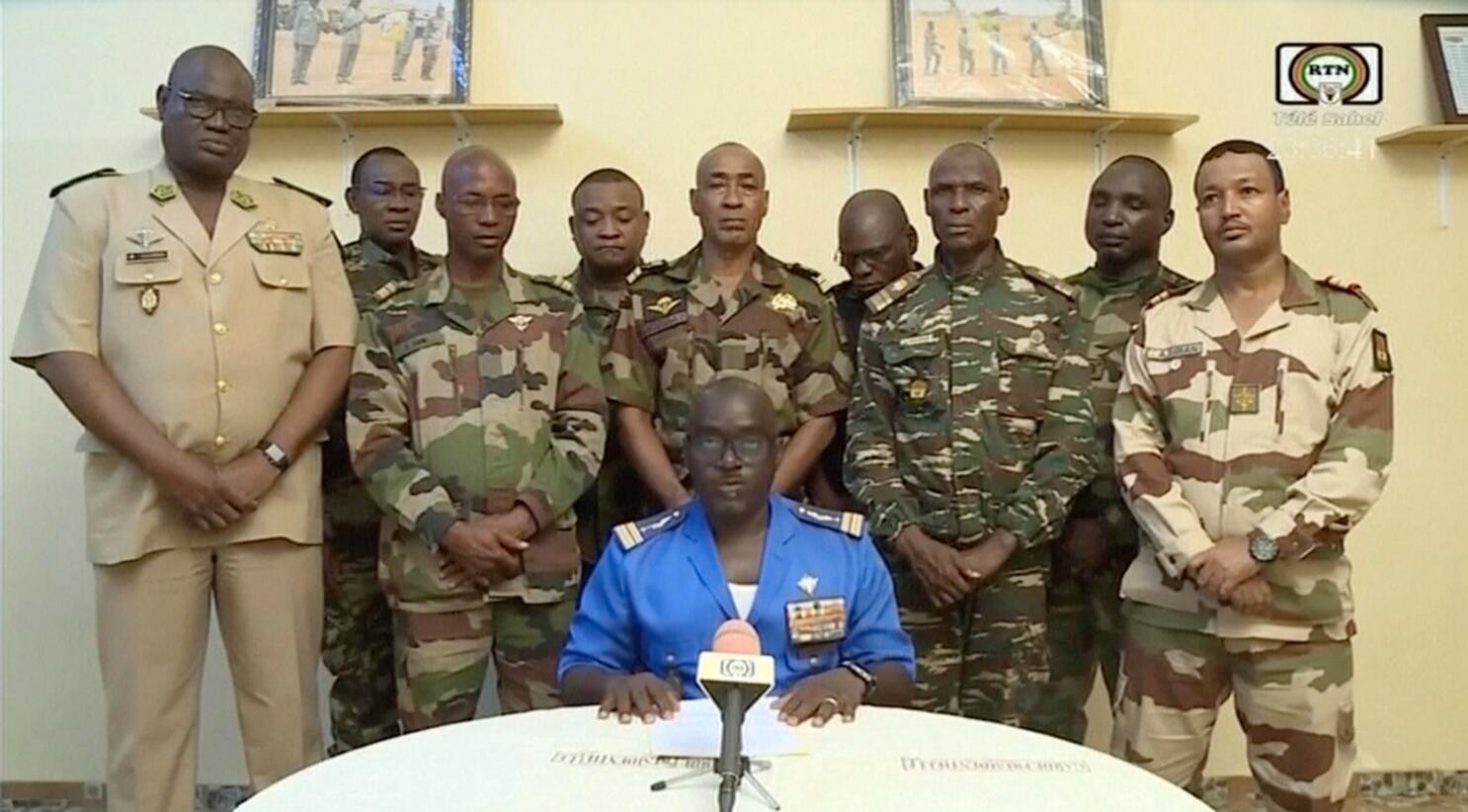Niger had long been viewed as a crucial ally for Western nations in their efforts to combat the rising tide of jihadi insurgencies in the region.
With more than 2,500 military personnel from the U.S. and France stationed in the country, along with significant investments in military assistance and training, Niger was considered a key partner in the fight against extremism.
However, this dynamic shifted dramatically in July when mutinous soldiers staged a coup, overthrowing Niger’s democratically elected president. Subsequently, the junta requested that French forces vacate the country, signaling a significant rupture in military cooperation.

Niger Military Operations (Credits: Al Jazeera)
Despite these developments, the U.S. military maintained a presence in Niger, with around 650 personnel still stationed there as of December. The base in Niger served as a crucial hub for manned and unmanned surveillance operations, supporting ground troops in the Sahel region.
However, there has been a reduction in accompanied missions since a deadly joint operation in Niger in 2017 resulted in casualties among U.S. troops.

Niger Military Operations (Credits: Daily Sabah)
The reasons behind the junta’s decision to suspend military ties remain unclear. The junta’s spokesperson cited recent U.S. flights over Niger’s territory as illegal, while a local activist assisting Niger’s military rulers criticized U.S. efforts to pressure the junta into choosing between strategic partners.
The suspension of military ties with Niger represents a significant setback for Western nations’ efforts to combat extremism in the region.
Without the cooperation of key allies like Niger, the effectiveness of counterterrorism operations in the Sahel may be compromised, highlighting the complex and evolving challenges facing international efforts to maintain security and stability in the region.























